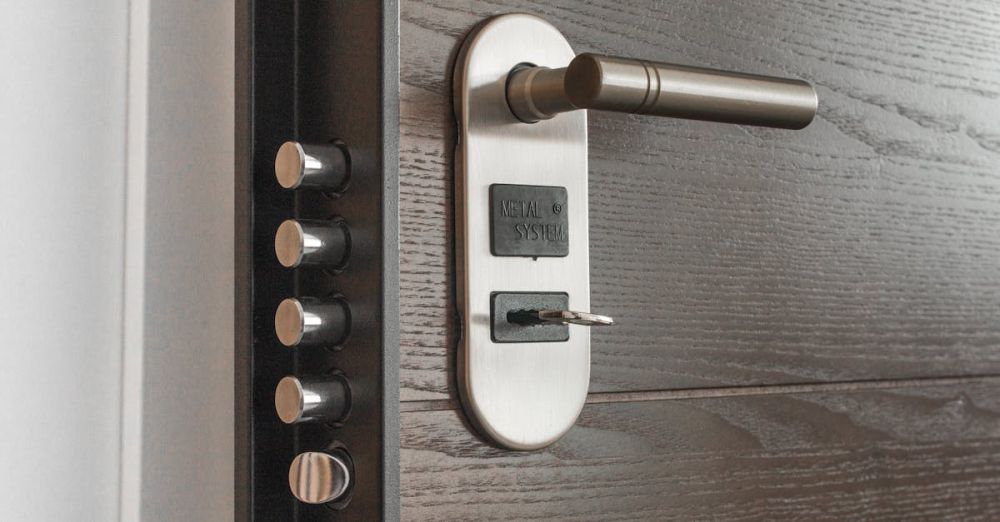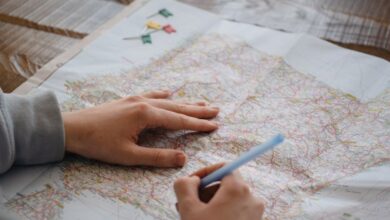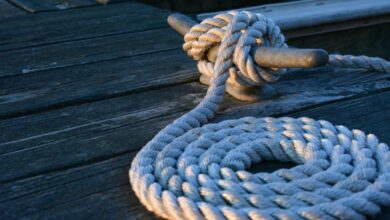What Are the Best Boating Safety Tips for Beginners
Boating is an exhilarating activity that allows individuals to connect with nature while enjoying the tranquility of water bodies. However, the excitement of being on the water comes with responsibilities that must not be overlooked. For beginners, understanding and implementing safety protocols is crucial to ensure a fun and secure experience. Here are some essential boating safety tips that every novice should know.
Understanding Equipment and Gear
Before setting sail, familiarize yourself with essential boating equipment. Start with a personal flotation device (PFD) or life jacket—this is your most important safety gear. Make sure every person on board has a properly fitted and Coast Guard-approved life jacket. Check the weather conditions before heading out; storms can develop rapidly, and it’s best to avoid being caught in harsh conditions.
Also, ensure your boat is equipped with safety gear such as flares, a fire extinguisher, a first aid kit, and a whistle or air horn for signaling. Understanding how to use this equipment will prepare you for emergencies and enhance overall safety.
Know Your Boat and Its Limits
Every boat has its operational limits, influenced by its size, weight, and engine power. Spend time getting to know your vessel, including its handling characteristics and limitations. If you’re renting a boat, ask the rental company about its features and any specific safety protocols you should be aware of.
It’s also vital to understand the capacity limits for passengers and gear. Overloading can lead to capsizing, so always adhere to the manufacturer’s recommendations. A well-balanced boat is crucial for safe navigation, especially in choppy waters.
Learn Basic Navigation Skills
Navigating the waters requires knowledge of both maps and the marine environment. Familiarize yourself with local waterways, including navigational markers, hazards, and currents. Invest time in learning how to read nautical charts and understand the rules of the road on the water.
Having a compass and GPS device can greatly enhance your navigation skills. Always keep a charged mobile phone or radio on board to communicate in case of emergencies. Understanding these basic navigation principles will keep you and your passengers safe while exploring.
Practice Safe Boating Maneuvers
Before heading out with friends or family, practice basic maneuvers in a calm area. Learn how to steer, stop, and reverse your boat efficiently. Be aware of your surroundings and practice maintaining a safe distance from other vessels and obstacles.
Slow down in crowded areas or when approaching docks. Speeding can lead to accidents, especially in busy waterways. Additionally, always keep an eye on your wake, as it can pose risks to smaller boats and swimmers nearby. The more adept you are at handling your boat, the safer your experience will be.
Stay Sober and Alert
Alcohol can impair your judgment and reaction times, making it a significant risk factor for boating accidents. Just as you wouldn’t drink and drive a car, the same applies to operating a boat. If you plan to drink, designate someone sober to steer the vessel.
Moreover, stay alert to your surroundings. Watch for other boats, swimmers, and any potential hazards. Fatigue can also impair your ability to respond effectively, so take regular breaks and switch up who is at the helm.
Understanding Emergency Procedures
No matter how careful you are, accidents can happen. Understanding emergency procedures is essential for all boaters, especially beginners. Familiarize yourself with what to do in case of capsizing, a person overboard, or mechanical failure.
Practice man-overboard drills with your crew, so everyone knows their role in an emergency. If you find yourself in trouble, remain calm and use your communication devices to call for help. Knowing how to react swiftly can make a significant difference in an emergency situation.
Prioritizing Safety on the Water
Boating is a rewarding experience that fosters a unique bond with nature and loved ones. However, prioritizing safety should always be at the forefront of your boating adventures. By equipping yourself with the right knowledge and skills, you can enjoy the thrill of being on the water while ensuring the safety of everyone on board.
Remember, a safe boater is a happy boater. Embrace the journey, respect the water, and create unforgettable memories with those you cherish.







